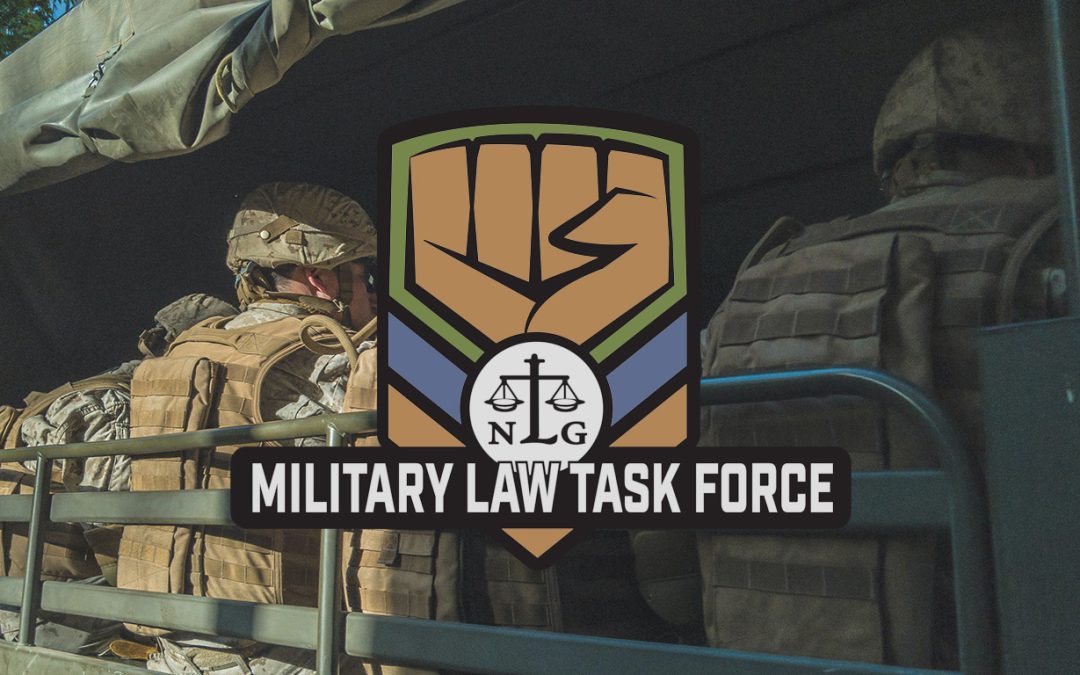 The Department of Defense has just released a new report on sexual assault in the military, and Pentagon officials are claiming that their efforts against sexual assault involve “notable progress.”
The Department of Defense has just released a new report on sexual assault in the military, and Pentagon officials are claiming that their efforts against sexual assault involve “notable progress.”
The report gives a top ten list of “indicators and agents of change,” including “extensive leadership engagement,” a “comprehensive prevention and response system” and an “enhanced prevention strategy,” among other things. According to the report, nearly 6,000 reports of sexual assault were made in 2014, up 8% from the previous year and significantly higher than the 3,375 reports in 2012. At the same time, DoD estimates, on the basis of “provisional” figures, that the number of actual assaults has gone down, from 26,000 in 2012 to 19,000 in 2014. (See a detailed rundown of the numbers from Military Times.)
The figures are a little questionable, since the method of measuring reports and the surveys used to estimate assaults have changed, but DoD considers the numbers reliable. And it says the numbers mean not only that assaults are down, but that significantly more assault survivors are willing to make reports, showing faith in the military system.
But … “faith in the system”? Even if it’s correct, the figure of 19,000 assaults is unacceptable, and the number of cases in which perpetrators are actually punished is embarrassingly low. At many commands, sexual assault training is treated as a joke. And despite regulations prohibiting reprisals, 62% of survivors surveyed said that they had faced retaliation from other servicemembers and/or their commands when they reported sexual assaults. Fear of reprisals continues to keep people from reporting, and often damages or destroys the military careers of those who report.
We suggest that the increased reporting numbers don’t come from faith in the military’s sexual assault policies, but from the large amount of Congressional, media, and public attention to the issue. Survivors know that they are not alone when they report, that outside help and support are available, and that reporting (whether restricted (confidential) or unrestricted (non-confidential)) is important.
DoD has made improvements in its sexual assault policies in recent years, but the improvements are often Band-Aids rather than substantive changes, and they are not always carried out by local commands. When assault survivors find that their privacy is violated, that commands may conclude valid reports are not “substantiated” and may actually go after the survivors rather than the perpetrators, there is little reason for confidence in the system.
More fundamental changes are needed, including removing the authority to convene courts-martial in these cases from commands and placing that authority in the hands of independent offices or prosecutors. And on a more basic level, the military’s sexist culture, which encourages sexual harassment and lays the groundwork for sexual assault, needs to be challenged and changed.



